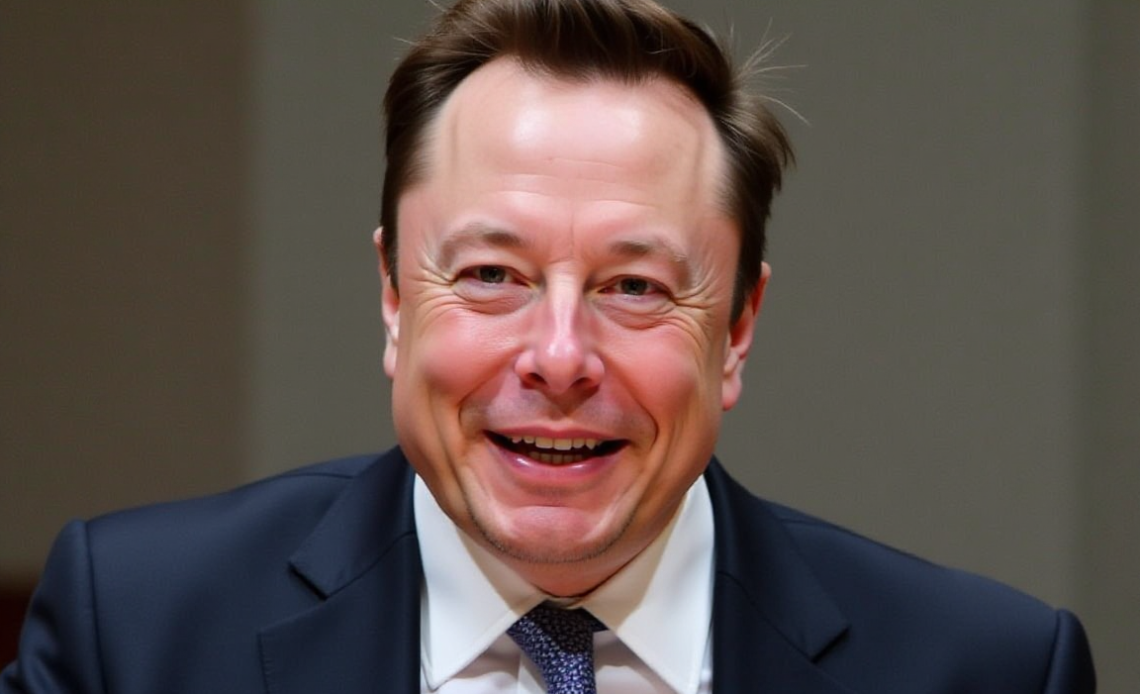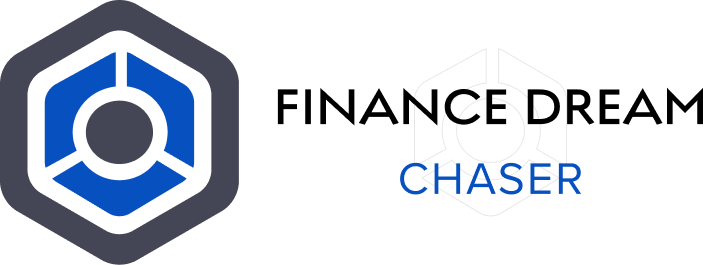
A federal court has ruled that Elon Musk must face OpenAI’s counterclaims alleging a prolonged campaign to harm the company he co-founded in 2015 and later left.
US District Judge Yvonne Gonzalez Rogers rejected Musk’s bid to dismiss the claims, marking a significant development in the ongoing legal battle between the Tesla CEO and the artificial intelligence startup.
The case, which stems from disputes over OpenAI’s mission and corporate structure, is now set for a jury trial in spring 2026, ensuring the high-profile feud will remain in the public eye for years to come.
Judge finds OpenAI allegations legally sufficient
On Tuesday, Judge Gonzalez Rogers determined that OpenAI’s allegations against Musk — including press statements, social media activity, legal filings, and what the company describes as a “sham bid for OpenAI’s assets” — were legally sufficient to proceed.
The court’s decision followed arguments from OpenAI in May that its countersuit should not be delayed, despite Musk’s request for dismissal or postponement until a later stage of the case.
Background to the legal dispute
The legal battle began last year when Musk sued OpenAI and CEO Sam Altman, accusing them of abandoning the organisation’s founding mission of developing artificial intelligence for the benefit of humanity, rather than for profit.
Musk’s lawsuit focused on the company’s shift to a for-profit model, claiming it conflicted with the non-profit principles established at its inception.
OpenAI responded in April with a countersuit under California law, accusing Musk of engaging in fraudulent business practices.
The company alleges that Musk’s actions amounted to a years-long effort to damage its reputation and operations after his departure from the firm, which has since launched ChatGPT and become a leading player in AI.
Timeline of recent court actions
The dispute escalated in April when OpenAI formally filed its countersuit. In response, Musk filed a motion seeking to dismiss the claims or, alternatively, to delay them.
OpenAI opposed this in May, insisting the countersuit should proceed without delay. The court’s latest ruling aligns with OpenAI’s position, allowing the case to move forward in full.
With a jury trial scheduled for spring 2026, both parties face a lengthy legal process that will bring further scrutiny to the origins and evolution of OpenAI.
The proceedings will explore the extent of Musk’s involvement post-departure and the impact of his public and private actions on the company’s business.
What happens next
The case will now move into pre-trial preparations, with both sides expected to gather extensive evidence.
The trial is likely to feature detailed examinations of internal communications, corporate strategies, and Musk’s public statements about OpenAI.
The outcome could influence not only the future relationship between Musk and the AI firm but also broader debates over the governance and commercialisation of artificial intelligence.
The post Elon Musk to face OpenAI’s counterclaims in high-stakes 2026 Jury Trial appeared first on Invezz






